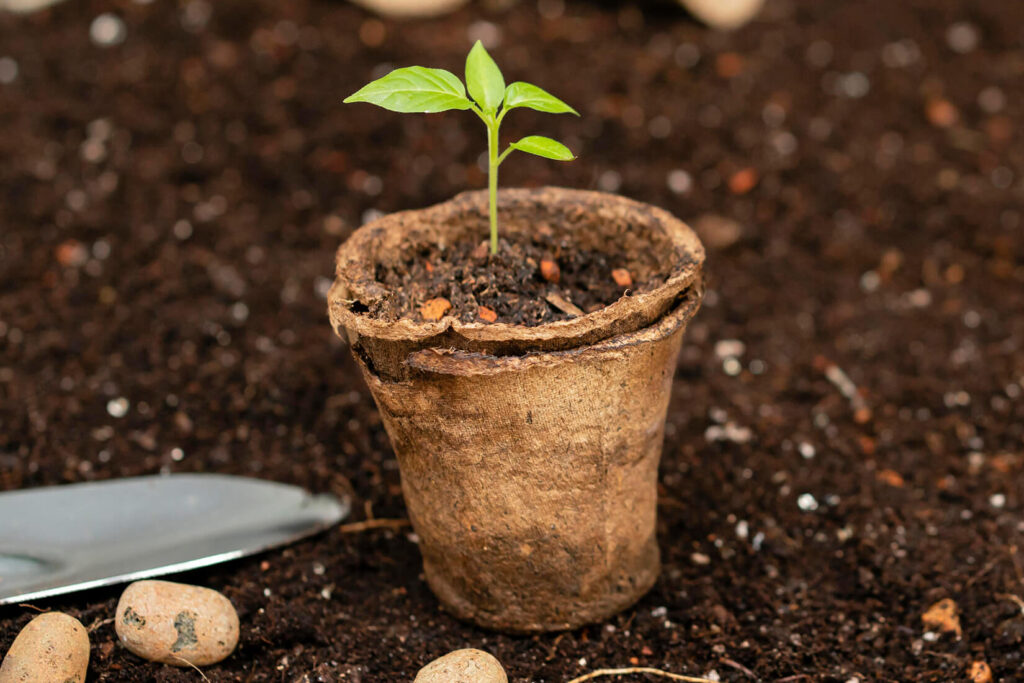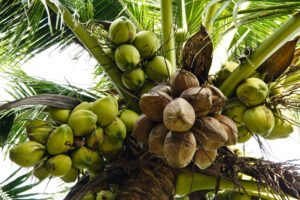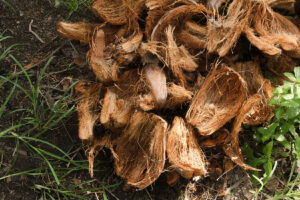18.03.2025 • 2 min read
Growing Green: How Coconut Fiber Reduces Your Ecological Footprint

Sustainable gardening starts with conscious choices. If you’re looking for an eco-friendly alternative to traditional potting soil, coconut fiber(coco coir) is a smart option. This natural by-product from the coconut industry is not only renewable, but also helps reduce water consumption and CO₂ emissions. In this blog, you’ll discover why coco coir is the future of sustainable gardening.
Why is coconut fiber environmentally friendly?
Many common growing media, such as peat, are extracted in an unsustainable way. Peat mining destroys peatlands and contributes to climate change by releasing stored CO₂. In contrast, coconut fiber is a byproduct of the coconut industry, meaning no additional deforestation or damage to ecosystems is required to produce it.
The sustainable benefits of coconut fiber
- Renewable and circular
Coconut fiber is a residual product that would otherwise be thrown away. By reusing it as a growing medium, you contribute to a circular economy. - Reduces carbon emissions
Unlike peat, which takes centuries to form, coir fiber is a quick and sustainable source. This helps to reduce the carbon footprint of gardening. - Less water use
Thanks to the high water retention capacity of coir fiber, plants require less frequent watering, contributing to more efficient use of water. - Free of chemical additives
Coconut fiber is a purely natural product with no harmful chemicals, making it safe for plants, people and the environment. - Lightweight and compact
Coir fiber is often delivered compressed, making transportation less energy-intensive than heavy bags of potting soil.
How coir fiber contributes to a greener future
By using coir fiber instead of traditional potting soil, you’re making a conscious choice for a more sustainable ecosystem. Whether you have a small urban garden or maintain a large vegetable garden, coir fiber helps you grow greener with less impact on the environment.
Do you also want to garden more sustainably? Switch to coconut fiber and find out how you can reduce your carbon footprint without sacrificing healthy, strong plants.
Date: 27.12.2024
Reading Time: 6 minutes






.svg)
.svg)
